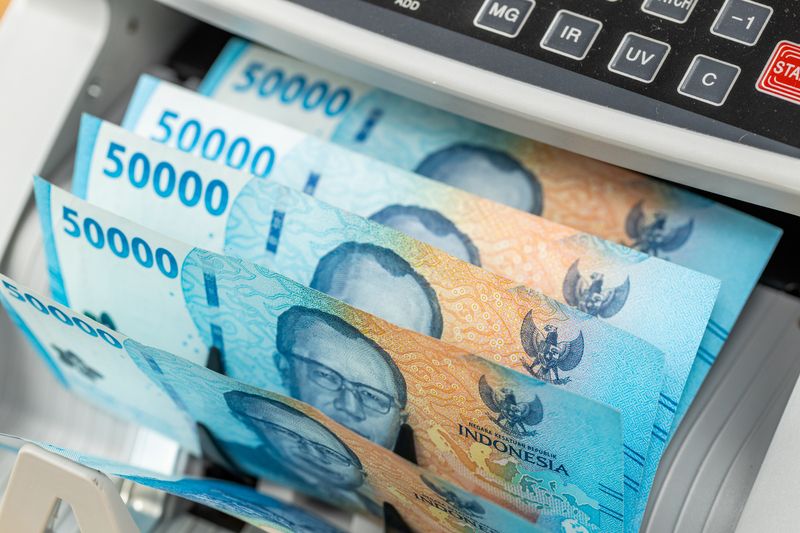The Republic of Indonesia jumped into the bond market with a US$2.2bn dual-tranche sukuk offering on Wednesday immediately after it reached a trade agreement with the US.
On Tuesday, US president Donald Trump said Indonesia would be charged a US import tariff of 19%, lower than the originally proposed 32%, while Jakarta would remove all tariffs on US goods. The agreement, the third the US says it has reached following those with the UK and Vietnam, is a "great deal, for everybody," Trump said on social media.
Indonesia, a regular issuer, had been monitoring the international bond market for a couple of months for an opportunity to bring its annual sukuk issue, said bankers on the deal.
"The sovereign has been sitting on this for quite a while," said one syndicate banker. "What pushed them to go ahead was that they had announced a trade deal with the US. They thought that would be a good tailwind."
Whether the news made a difference is debatable, as bankers said investors did not ask about the tariffs or geopolitics, and the market was ripe for new issues regardless.
The deal was split into a US$1.1bn 4.55% five-year conventional tranche and a US$1.1bn 5.2% 10-year green portion, both priced at par, inside respective initial guidance of 4.85% area and 5.5% area.
The bankers estimated that the sovereign paid about 5bp of new issue premium based on pre-announcement trading levels. The new notes were trading around par in the secondary market.
"Indonesia continues to get away with printing some tight transactions," said the syndicate banker, who noted that demand "outperformed expectations".
The combined book peaked at about US$7.5bn on the back of some chunky US orders. Some investors then dropped out to leave a final book of US$6.06bn because of how tight the final spreads were, but the outcome was still strong, according to the syndicate banker.
"There were some central banks around the region that came into this that were not there last year," he said.
The demand allowed a small upsize beyond the US$2bn target, said a second banker on the deal. He believed the green label supported the bookbuild for the longer-dated notes, although the other banker thought the label's impact was minimal.
Orders for the five-year notes reached US$2.92bn from 103 accounts, including US$1.004bn from the leads. Islamic funds from the Middle East and Malaysia were allocated 41%, Indonesia 10%, the rest of Asia 27%, the EU 18% and the US 4%. Asset and fund managers took 24%, financial institutions and banks 63%, insurers and pension funds 2%, central banks and sovereign wealth funds 11% and private banks 1%, to the nearest percentage point.
For the 10-year tranche, orders reached US$3.14bn from 150 accounts, including US$897.2m from the leads. The Middle East, Malaysia and Brunei took 33%, Indonesia 10%, the rest of Asia 36%, the EU 18% and the US 3%. Asset and fund managers were allocated 31%, financial institutions and banks 50%, insurers and pensions 4%, central banks and sovereign wealth funds 14% and private banks 1%.
Perusahaan Penerbit SBSN Indonesia III is the issuer of the senior 144A/3(c)(7)/Reg S deal, while the government is the obligor. The notes will be rated in line with the country at Baa2/BBB/BBB.
The proceeds will be used for general financing requirements, with the green proceeds to go to finance or refinance green expenditure.
The notes will be listed in Singapore and Dubai.
Bank of America, Deutsche Bank, Dubai Islamic Bank, HSBC and Mandiri Securities were the bookrunners. BRI Danareksa Sekuritas and Trimegah Sekuritas Indonesia were the co-managers.






